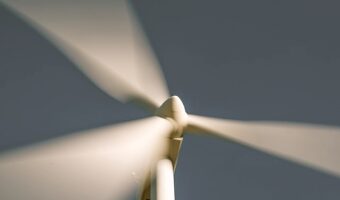The ambitious plans of the European Union regarding the reduction of CO2 emissions cause the need to transform the Polish economy to the low carbon one. At the same time, the technological bands introduced in the new auction system and the act regulating the requirements for building new wind farms, would considerably limit the development of the most widespread technologies of obtaining energy from renewable sources – onshore wind farms and photovoltaics. In such situation, investing in other RE technologies seems to be necessary. Probably one of the most promising is offshore wind farms – one of the fastest growing technology of electricity production in Europe. In the last decade the average annual growth of installed capacity in offshore wind in Europe was approximately 30%. This technology is developing in particular in Denmark, the Netherlands, Germany and the UK – so in countries with access to the North Sea and the Baltic Sea.
To develop appropriate public policy in that area, there is a need for proper understanding of the environment and relationships within this technology. Therefore under TRANSrisk we have started a new research project, aimed at building the Technological Innovation System (TIS) for offshore wind farms in Poland. Innovation is a result of interactions between many actors – it is not an effect of individual action, but a systemic cooperation. TIS is a dynamic network of actors operating within a specific economic and institutional environment, engaged in development, implementation and diffusion of a specific technology. The concept of the innovation system makes it possible to scientifically explain the nature of technological change. Building the TIS includes getting through strictly defined in literature steps, which cover analysis of:
- system structure,
- phase of development,
- system functions,
- functional barriers,
- obstacles for policy goals.
The stakeholders engagement is the key element of the research. It includes conducting interviews with representatives of the innovation system actors (companies, NGOs, public institutions and scientists).
We plan to present the TIS at the end of 2017. We encourage you to follow the project page TRANSrisk, which will keep you informed about the progress of our research.

